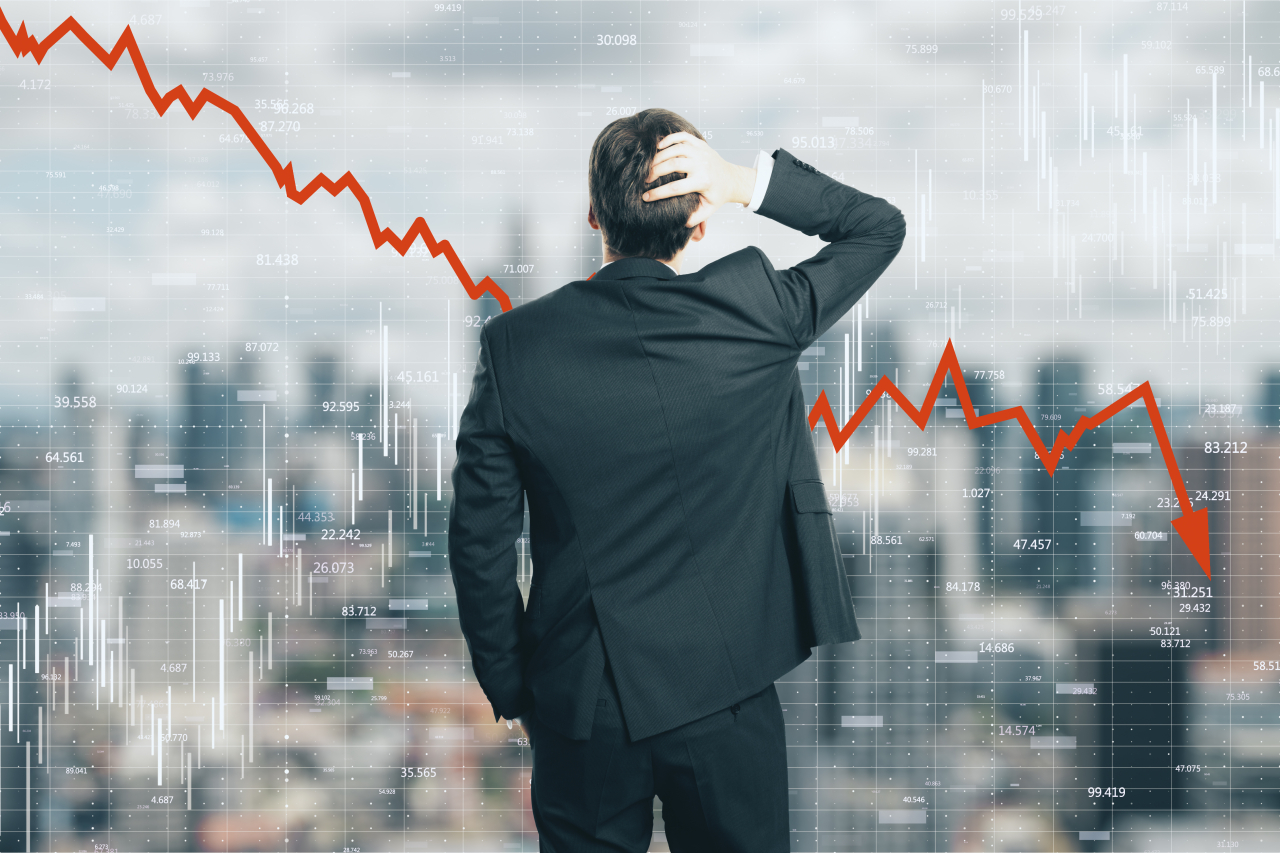 |
(123rf) |
Simmering fears over a sharper-than-expected US Federal Reserve rate hike amid red-hot US inflation dragged down South Korea’s benchmark Kospi below the 2,500 mark for the first time in 19 months on Tuesday.
The main board closed at 2,492.97, after reaching an intraday low of 2,457.39. The Fed will raise interest rates on Wednesday there, with investors dramatically raising their bets on a hike of 75 basis points, steeper than the 50 basis points the Fed had indicated.
Foreign investors -- who hold roughly one-third of Korean stocks -- carried on a sell-off Tuesday, outweighing a buying spree from institutional and retail investors. Shares of market bellwether Samsung Electronics dropped to 61,900 won ($48) apiece, marking a new 52-week low for a third session straight.
Financial authorities scrambled to steady the jumpy markets.
Financial Services Commission Vice Chairman Kim So-young said Korea faces uncertainties complicated by persistent inflation, global policy tightening and geopolitical tension in Ukraine at a meeting with key financial institutions the top financial policymaker called Tuesday.
“We could see the expanding market volatility shifting to financial companies and systems. We’ll take every precaution to ensure they are financially sound and liquid enough,” Kim said. He stressed that the FSC is preparing for contingencies, though he did not present concrete steps.
Meanwhile, Lee Seung-heon, senior deputy governor of the Bank of Korea, convened an unscheduled meeting with senior officials at the central bank and discussed ways to counter a spillover from a prolonged market tumble.
“Ahead of the US Fed meeting, rates are rising and shares are falling, while the US dollar is edging higher,” Lee said. “We will keep our eye on it for as long as it is needed and take measures to calm the markets if that becomes necessary.”
Analysts said the Kospi will seesaw until the Fed decides on the rate hike.
“The speculation over a steeper-than-expected liftoff is what’s weighing on Korean markets,” said Seo Sang-young, head of the media contents department at Mirae Asset Securities.
The latest data on Korean consumer prices from the Organization for Economic Cooperation and Development is another reason behind a market rout, Seo added.
The OECD has said consumer price increases in Korea for this year will hit a 24-year high. The Bank of Korea has already lifted interest rates three times this year, doing so at every policy meeting except for the one in February.
Hwang Sei-woon, a senior research fellow at the Korea Capital Market Institute, said retail investors, who usually are the last to join a sell-off led by foreign and institutional investors, are rushing to take advantage of the soaring borrowing costs.
“Since the rate shot up, savings accounts have become more attractive,” Hwang said.
The BOK, which has raised interest rates by 1.25 percentage points in five stages since August last year from the record low of 0.5 percent to 1.75 percent, is expected to lift borrowing costs in July.
By Choi Si-young (
siyoungchoi@heraldcorp.com)








